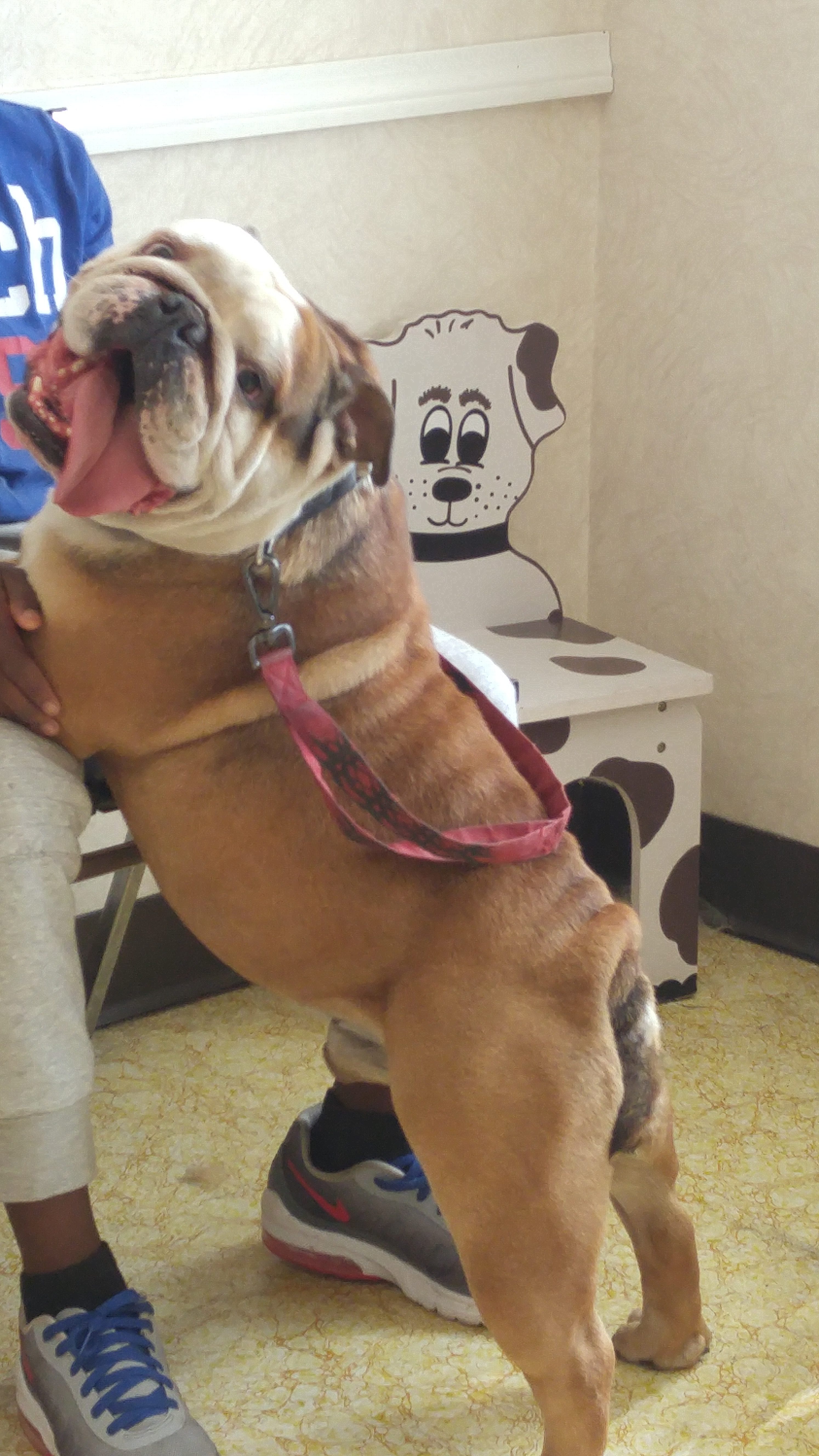Summer is finally here and while many of us are enjoying the heat wave, our pets are not. We’d like to take a moment to address a hot summer topic: Heat Stroke.
While most pet owners know not to leave their pet in the car on a hot summer day, there other other ways for your dog to overheat this summer. Simply leaving your pet outside for too long during the day, going for a walk in the afternoon, or not having a cool place to relax inside can have dangerous consequences.
To prevent your pet from having a heat stroke, use these tips:
- Make sure your pet has access to clean, fresh water at all times. Don’t forget to wash their water bowl!
- Restrict your pet’s exercise, especially during the hottest hours of the day.
- Take your pet swimming or wipe them down with a wet washcloth to cool them down.
- Make sure your dogs have access to shade when they are outside.
- Try to keep your pet from walking on cement, concrete, or asphalt.
- Do not, under any circumstance, leave your pet in the car. It doesn’t matter if you’re “only gone for 2 minutes” or if you parked in the shade.
- Provide a designated cool area for your pet to relax inside your house. This can be a room with air-conditioning, or a room in which you’ve laid some frozen washcloths on their bed for them to lie on.
Please also remember that certain pets are more prone to heat stroke than others. Pets with preexisting conditions like obesity, heart disease, or respiratory problems are more likely to endure a heat stroke. Also keep in mind that elderly pets as well as brachycephalic pets (breeds with “smooshed” faces like Pugs, English Bulldogs, and Persian cats) are also more likely to suffer a heat stroke.
If your pet has already suffered a heat stroke, symptoms of heat stroke include:
- Rapid panting
- Thick and sticky saliva
- Red or pale gums
- Dizziness, uncoordinated
- Weakness
- Vomiting
- Diarrhea
- Unconscious and unresponsive.
If you think your pet has suffered a heat stroke, use cool water to bring down their body temperatures and get to the veterinarian as quickly (and safely) as you can. While dogs are more prone to heat stroke since they are more likely to be outside in the summer heat, cats can still be exposed.
Emerald Animal Hospital is able to prevent, diagnose, and treat a wide variety of illnesses in both cats and dogs. From life-saving care to preventative vaccines and routine testings, our doctors are ready to help! If you have any questions about your pet’s health this summer, give us a call at 216-749-7161 and we will do our best to help!
We’d also like to pay our respects to our patient, Bruno, who passed away last week as a result of heat stroke. We send our sympathies to his family and hope he rests peacefully across the Rainbow Bridge.


